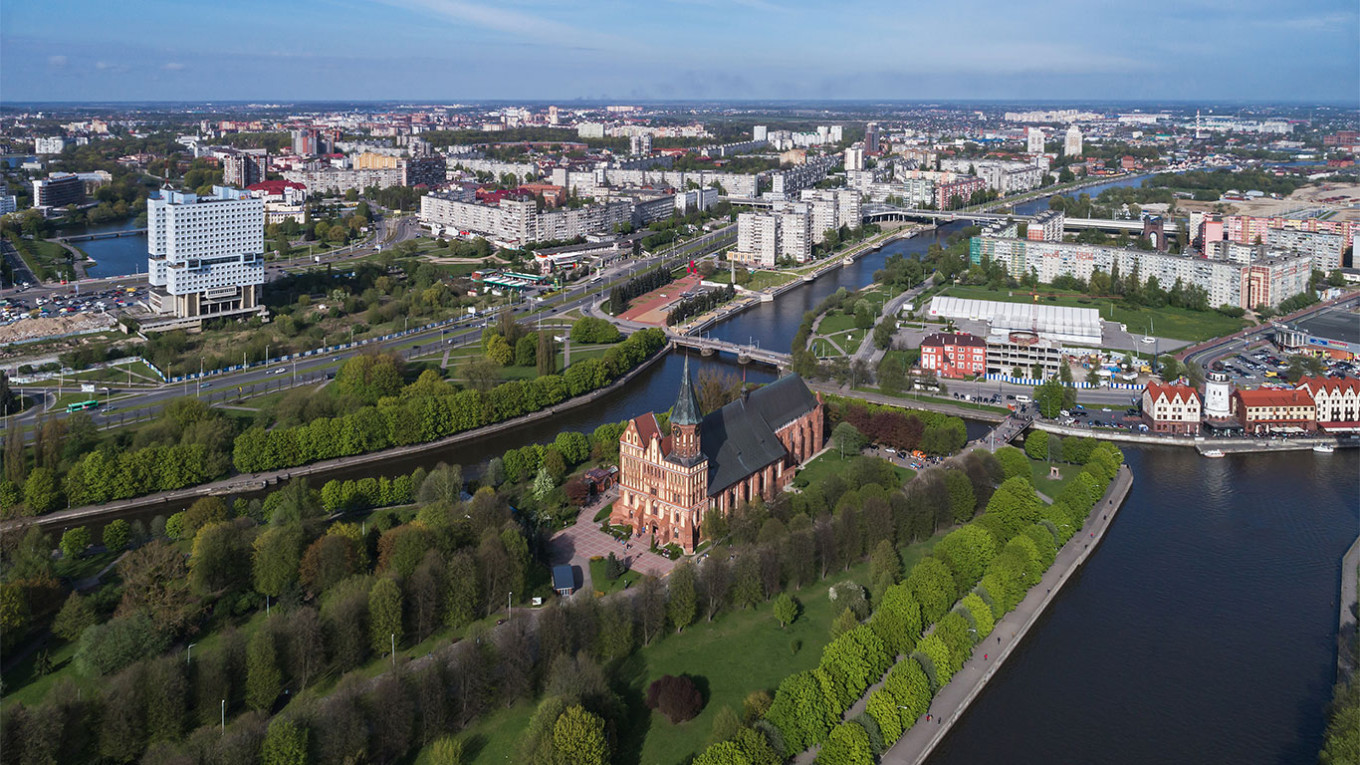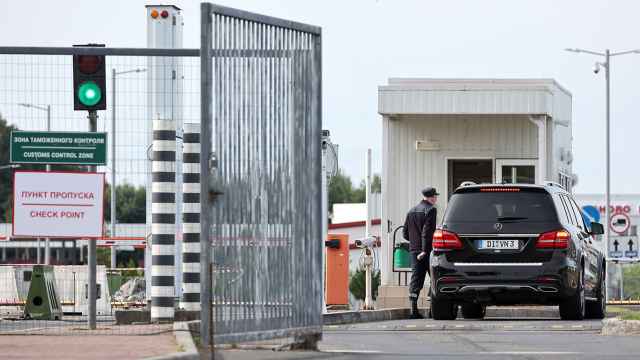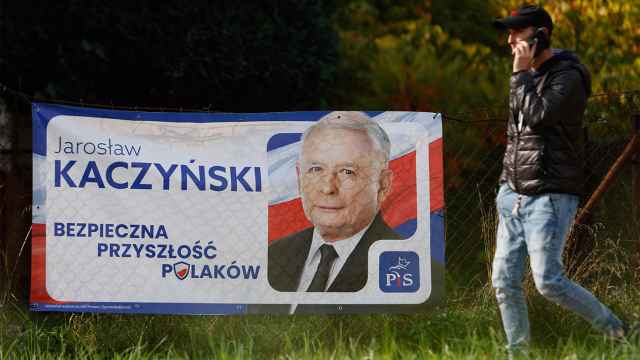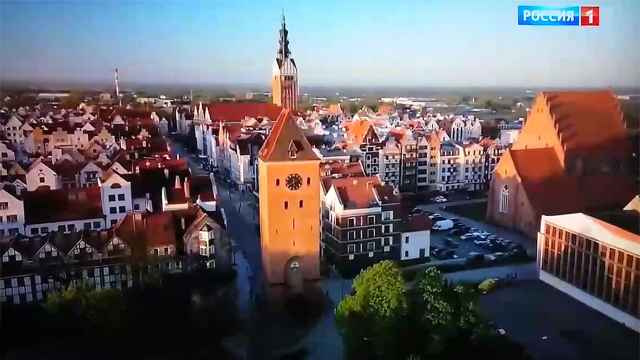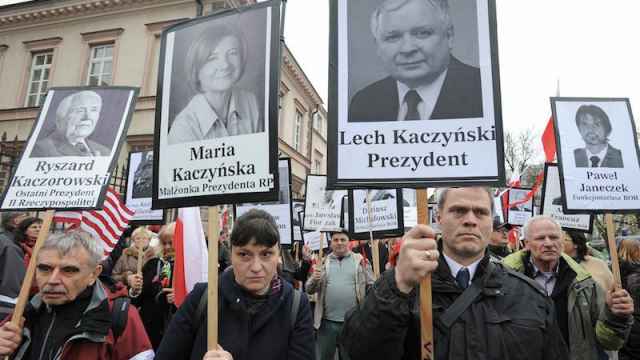Poland will stop using the official name for Russia's Kaliningrad exclave and revert to its historic equivalent, the government in Warsaw said Wednesday, drawing Moscow's ire.
Citing a recommendation by a state commission tasked with standardizing foreign names in the Polish language, Poland's development minister Waldemar Buda said Kaliningrad would now officially be called Konigsberg ("Krolewiec" in Polish).
"We do not want Russification in Poland and that is why we have decided to change the name in our native language of Kaliningrad and the Kaliningrad region," Buda said in a statement on Wednesday.
The historic name for the enclave bordering Poland and Lithuania will now be used in official documents and maps, a move that triggered an angry response from Russia.
"It's not even Russophobia anymore, these are processes close to madness that are going on in Poland," Kremlin spokesman Dmitry Peskov told reporters.
"It brings no good to Poland. These are not just unfriendly actions: these are hostile actions," he added.
Founded in 1255 by the Teutonic Order, the city was named in honor of the Bohemian King Ottokar II, and was known as Konigsberg — Krolewiec in Polish, Karaliaucius in Lithuanian, and Korolevets in Russian.
In 1946, it was renamed by the Soviet Union to Kaliningrad to honor the Chairman of the Presidium of the Supreme Soviet of the U.S.S.R., Mikhail Kalinin.
"The fact of naming a large city close to our border after Kalinin, a criminal co-responsible for, among others, issuing the decision on the mass murder of Polish officers in Katyn in 1940, evokes negative emotions in Poles," Buda said.
It is estimated that 25,000 Poles, mostly army officers deemed anti-communist, were massacred by the Soviet Union's political police in a forest near Smolensk in 1940 on the orders of Josef Stalin.
The Soviet Union had long denied responsibility for the killings, accusing the Nazis of the crime, before admitting the truth in 1990.
A Message from The Moscow Times:
Dear readers,
We are facing unprecedented challenges. Russia's Prosecutor General's Office has designated The Moscow Times as an "undesirable" organization, criminalizing our work and putting our staff at risk of prosecution. This follows our earlier unjust labeling as a "foreign agent."
These actions are direct attempts to silence independent journalism in Russia. The authorities claim our work "discredits the decisions of the Russian leadership." We see things differently: we strive to provide accurate, unbiased reporting on Russia.
We, the journalists of The Moscow Times, refuse to be silenced. But to continue our work, we need your help.
Your support, no matter how small, makes a world of difference. If you can, please support us monthly starting from just $2. It's quick to set up, and every contribution makes a significant impact.
By supporting The Moscow Times, you're defending open, independent journalism in the face of repression. Thank you for standing with us.
Remind me later.


